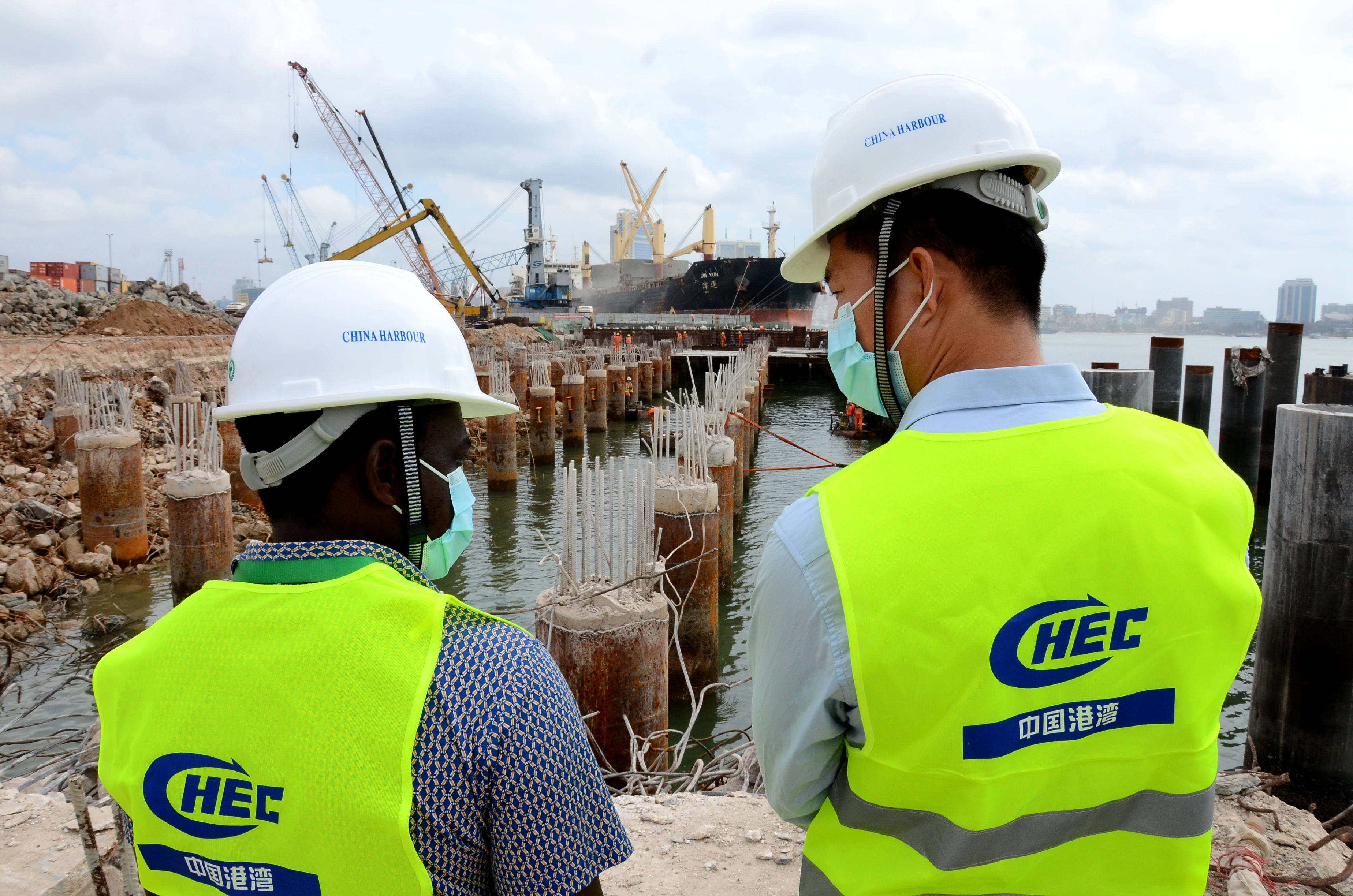Key Takeaways:
I. China's economic engagement has led to significant infrastructure development and increased trade, but also raises concerns about debt sustainability and economic dependency.
II. China's growing geopolitical influence challenges the existing world order and raises questions about global governance.
III. Social and environmental impacts require careful consideration, demanding greater transparency and accountability.
China's increasing engagement with the Global South is reshaping global dynamics, prompting a reassessment of international relations and the potential emergence of a multipolar world order. This analysis delves into the multifaceted dimensions of this relationship, examining the economic, geopolitical, and social implications through a data-driven lens. We will explore both the opportunities and challenges presented by China's growing influence, moving beyond simplistic narratives to provide a nuanced understanding of this complex and evolving partnership.
Economic Dimensions: Trade, Investment, and Infrastructure
China's economic engagement with the Global South has resulted in substantial increases in trade and investment, particularly through the Belt and Road Initiative (BRI). This has led to significant infrastructure development in many countries, improving connectivity and facilitating economic growth. However, concerns remain about debt sustainability and the potential for economic dependency.
The BRI has funded numerous infrastructure projects, including roads, railways, ports, and energy facilities. While these projects have brought tangible benefits, they have also raised concerns about transparency and the potential for unsustainable debt levels in some recipient countries.
Increased trade between China and the Global South has created new market opportunities for developing countries. However, this increased reliance on China as a trading partner also raises concerns about economic diversification and vulnerability to global economic shocks.
Geopolitical Implications: Shifting Power Dynamics
China's growing economic and political influence in the Global South is challenging the existing world order and contributing to the emergence of a more multipolar system. This shift in power dynamics has significant implications for global governance and international relations.
China's diplomatic initiatives and its engagement with international organizations are reshaping global governance structures. Its approach, often characterized by non-interference, contrasts with that of traditional Western powers.
Social and Environmental Impacts: Sustainability and Equity
China's engagement with the Global South has raised concerns about environmental sustainability and social equity. Infrastructure projects, while promoting economic growth, can also lead to environmental degradation and displacement of communities.
Labor practices and human rights issues also require attention. Ensuring fair labor standards and protecting human rights are crucial for ensuring that the benefits of development are shared equitably.
Conclusion: Navigating the Future of China's Global South Engagement
China's engagement with the Global South is a complex and evolving phenomenon with far-reaching implications. While it presents significant opportunities for economic development and infrastructure improvement, it also poses challenges related to debt sustainability, environmental protection, and social equity. A balanced approach that prioritizes transparency, accountability, and sustainable practices is essential for ensuring a mutually beneficial and equitable partnership between China and the Global South.
----------
Further Reads
I. Trade Balances in China and the US Are Largely Driven by Domestic Macro Forces

